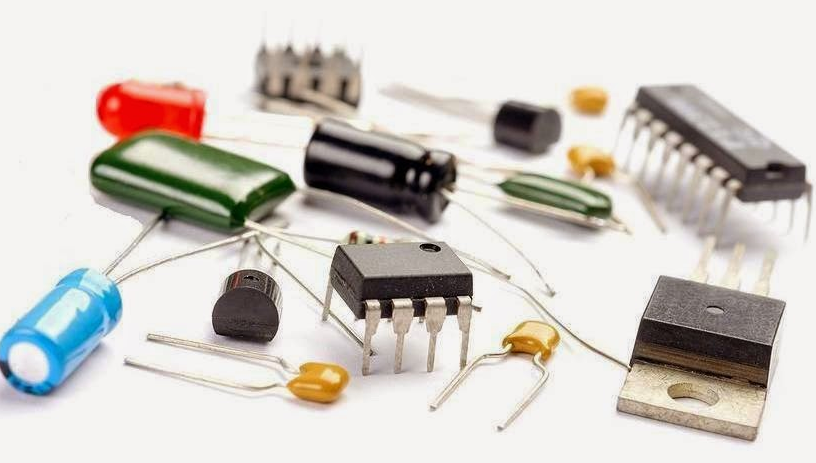
Decoding Complexity: Unveiling the Distinction Between Electric Components and Electronic Components
In the realm of electrical engineering, the terms electric component and electronic component are often used interchangeably, leading to confusion. However, these terms represent distinct concepts within the intricate landscape of electrical systems. This article aims to clarify the difference between electric and electronic components, shedding light on their unique roles and functionalities.
- Defining Electric Components:
- Electric components are fundamental elements that facilitate the flow of electric current within electrical systems. These components primarily deal with the manipulation and distribution of electrical power. Examples include resistors, capacitors, and inductors.
- Characteristics of Electric Components:
- Electric components operate in the realm of electric circuits and are primarily concerned with managing voltage, current, and resistance. They often play essential roles in power distribution, energy transfer, and basic electrical applications.
- Applications of Electric Components:
- Electric components find application in various industries, such as power generation, transmission, and distribution. They are integral to electrical systems that focus on delivering and controlling electrical energy.
- Defining Electronic Components:
- On the other hand, electronic components are the building blocks of electronic circuits, which involve the manipulation of information through signals. Examples include transistors, diodes, and integrated circuits.
- Characteristics of Electronic Components:
- Electronic components operate in electronic circuits and are designed to control the flow of information rather than electric power. They exhibit characteristics such as amplification, signal processing, and logic operations, crucial for electronic devices.
- Applications of Electronic Components:
- Electronic components are prevalent in modern technology, playing pivotal roles in devices such as computers, smartphones, and communication systems. They enable the processing, storage, and transmission of information in electronic form.
- Interplay Between Electric and Electronic Components:
- While electric and electronic components serve distinct purposes, they often work in tandem within a broader system. Electric components provide the necessary power infrastructure, while electronic components process and control the information carried by that power.
- Distinguishing Factors: Voltage vs. Signal:
- One key distinction lies in the nature of the quantity they handle. Electric components deal with electrical power (voltage, current), while electronic components deal with signals—information encoded in electrical form.
Conclusion:
In the vast field of electrical engineering, understanding the nuanced difference between electric and electronic components is crucial. Navigating the Currents serves as a guide, offering clarity on their distinct characteristics and applications. Whether you're designing power systems or crafting cutting-edge electronic devices, grasping the intricacies of these components is essential for engineering success.